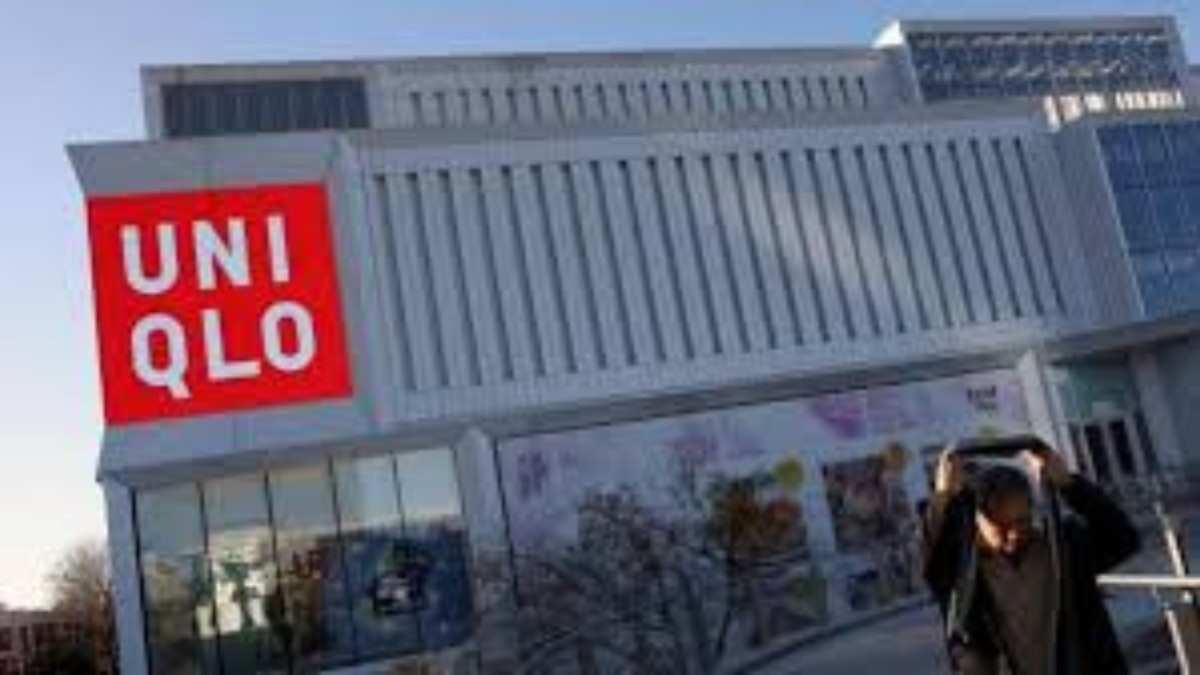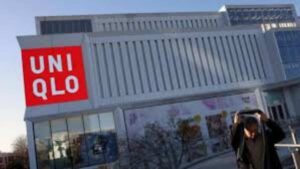Uniqlo, a Japanese clothing retailer, has been subjected to intense public scrutiny and calls for a consumer boycott in China following comments made by the company’s CEO, Tadashi Yanai, on the company‘s stand regarding sourcing cotton from Xinjiang. The comments, made to BBC this week, sparked outrage among Chinese social media users, who are demanding that they boycott the brand.
Uniqlo CEO’s Controversial Statement
Tadashi Yanai, responding to a question about Uniqlo’s sourcing of cotton, revealed that the company does not source its cotton from Xinjiang. “We are not using cotton from Xinjiang,” Yanai said in an interview with the BBC. However, he refused to elaborate further, saying the matter is politically sensitive. His comment has sparked a major backlash, with several Chinese consumers vowing to stop buyingUniqlo products.
WATCH THE VIRAL VIDEO:
1/x
Related NewsAll, I made a mistake in calling for a boycott of #Uniqlo. Watch the video below. Uniqlo’s CEO Tadashi Yanai did NOT say they “won’t” use Xinjiang cotton, just that they are not currently, due to the politics.
THINK: The real BAD ACTORS are the Western govs & media… https://t.co/VjOorHrWHl pic.twitter.com/XmuX9RLbgt
— Kimmee Lee (@KimmeeLee2) November 29, 2024
The Xinjiang region, home to the Uyghur and Hui Muslim populations, has been at the center of allegations of forced labor and human rights violations under the Chinese government. While Beijing has consistently denied these allegations, labeling them as “the lie of the century,” Western governments and human rights groups have expressed concern over reports of abuses in the region.
Social Media Backlash in China
The backlash against Uniqlo spread rapidly across Weibo, Chinese social media. Two related hashtags went viral as many users condemned the brand‘s stance. One user wrote, “With this kind of attitude from Uniqlo, and their founder being so arrogant, they’re probably betting that mainland consumers will forget about it in a few days and continue to buy. So, can we stand firm this time?” Another user declared, “It seems that I will have to stop buying Uniqlo in the future.”
On X (formerly Twitter), an account named Shanghai Panda with over 110,000 followers also shared their discontent, writing, “UNIQLO rejected Xinjiang cotton. Chinese must reject UNIQLO.”
The Importance of Xinjiang Cotton to Uniqlo
Xinjiang is a crucial cotton-producing region, known for producing some of the highest quality cotton in the world. In 2020 and 2021, Xinjiang was responsible for approximately 87% of China’s cotton production and 23% of the global cotton supply, according to a U.S. federal report. Despite the growing pressure, many global brands, including H&M, Nike, Tommy Hilfiger, and Adidas, have made similar moves by distancing themselves from Xinjiang cotton amid allegations of forced labor.
Uniqlo’s refusal to source cotton from Xinjiang could impact its presence in China, where the company is aiming for significant expansion. Currently, Uniqlo operates around 900 to 1,000 stores across mainland China. Yanai expressed ambitions to grow that number to 3,000 stores, highlighting the importance of the Chinese market to the brand’s future plans.
Economic and Political Tensions
The backlash against Uniqlo follows a broader trend of consumer anger in China directed at Western brands that have distanced themselves from Xinjiang cotton. These brands have been subjected to boycotts and were removed from major e-commerce platforms, particularly in the case of H&M, which faced severe repercussions, including having its store locations removed from Chinese map apps.
The situation underscores the complex intersection of global business and geopolitical tensions. While companies like Uniqlo seek to navigate these challenges, their decisions on sourcing materials such as cotton can have far-reaching implications on their reputation and market presence, especially in China.
Uniqlo’s CEO’s remarks about the company’s cotton sourcing have sparked significant backlash in China, putting the brand at odds with a large segment of Chinese consumers. As the debate surrounding Xinjiang cotton continues to unfold, Uniqlo, along with other global brands, may find themselves facing increasing pressure to balance political considerations with business interests in one of the world’s largest consumer markets.














